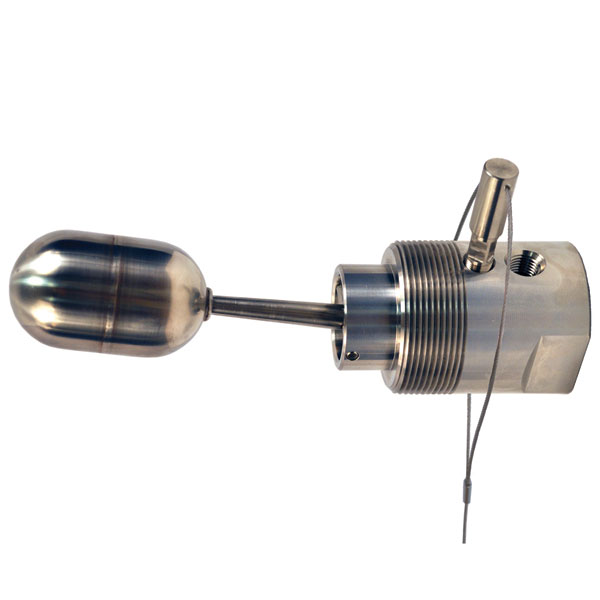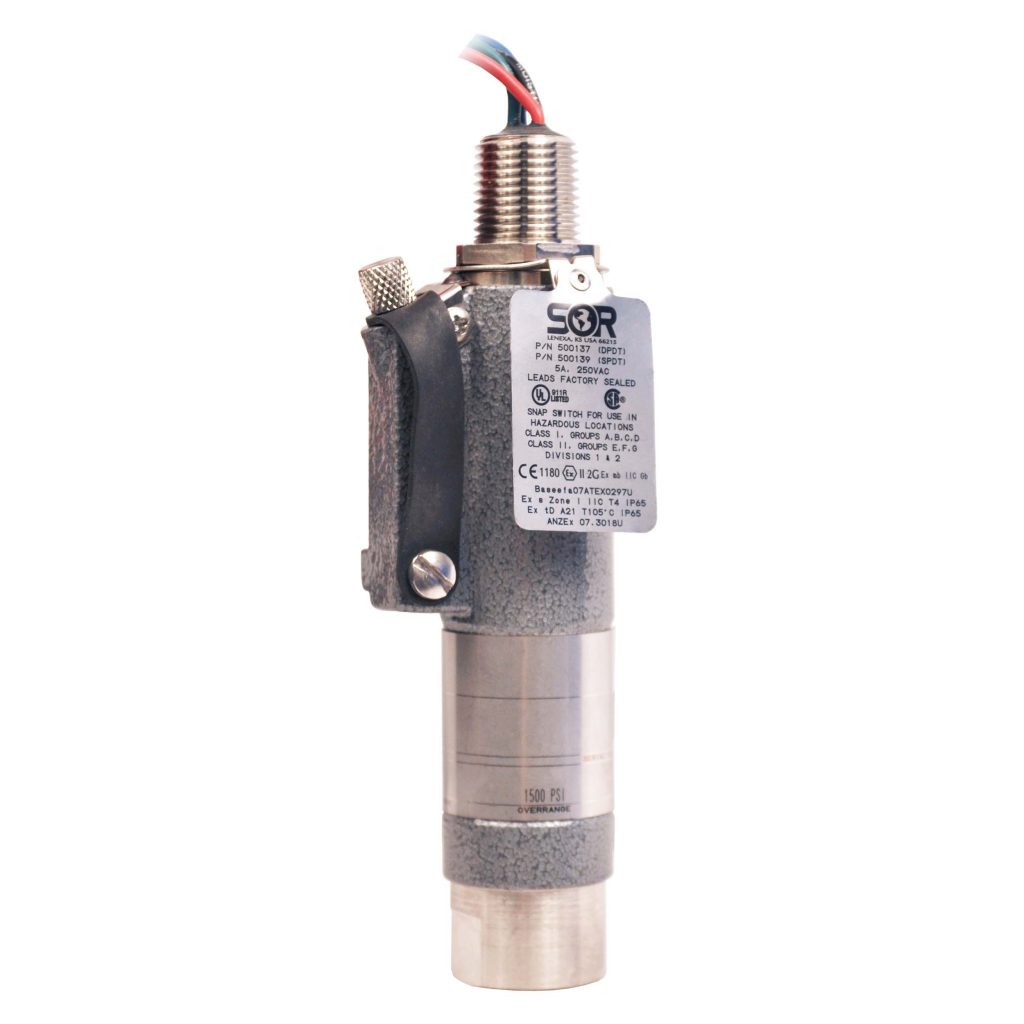
There’s a small metal label on the inside of my shower door:
Petty Products Inc. Manufacturer of Shower Doors. Olathe, KS.
It’s intrigued me for years. Johnson County is better known for miles upon miles of suburban subdivisions, shopping centers and gleaming office parks – not factories. I wanted to see this company that takes glass and metal and makes something that is a part of my daily life.
Sadly, the recession’s housing slump and changing tastes in shower design have cut Petty Products production.
“I can’t in good conscience say we’re a manufacturer anymore,” said Diana Peterson, a second-generation owner of the 57-year-old company that continues to do lighter assembly and installation.
But Peterson was as intrigued as I was about the idea of finding “hidden” factories in Johnson County. “I’d like to know myself,” she said.
Other parts of the Kansas City metro area are heavier locations for heavy industry. But a fascinating array of things are being made in Johnson County if you know where to look.
Some factories are in industrial parks surrounded by farmland. You may drive by others on your daily commute. Some are housed in buildings that rival the most upscale white-collar office in appearance.
Over the last couple of weeks I had eye-opening visits to a sampling of manufacturers in the county. I found surprisingly diverse work forces and products, some incredibly expensive and complex engineering and equipment, and some really nice people. I also found several exporting companies that are doing their part to correct the U.S. imbalance of trade with China. And most are growing.
This isn’t a comprehensive county survey, of course. Businesses in the county make everything from false teeth to park benches, caskets to parts that go into wastewater plants. Here is a sampling of 10 manufacturers that allowed me to visit after they were called to my attention through word of mouth from chambers of commerce, industry associations and other business operators.
Take a look. See how what’s made in Johnson County connects with your life.
SOR
Operations Vice President Bert Benton is patient as he guides me through the Lenexa plant, picking up this metal component and that to explain its role. He’s showing me “process instruments” for the oil, gas, power and nuclear industries – more precisely, pressure and level measuring equipment.
It does an injustice to the technical nature of SOR’s production to say that some of their products – level switches – look a bit like the float device inside your toilet tank. But the concept is similar. They measure and control the level of liquid in industrial tanks.
“Our products measure temperature, pressure level, and flow – as in pipelines – and help people understand and control what’s going on in their industrial processes,” explains CEO Mike Waters. “One of our most interesting facts is that 65 percent of our revenue is generated from exports, and our single largest use market is China.”
About 90 of SOR’s 170 employees, including welders, machinists, assemblers and people skilled in process engineering and the petrochemical field, work in the manufacturing part of the 110,000-square-foot building that has room to grow. But SOR already has done a lot of growing since its founding in 1946 as a small machine shop.
Eventually, it became Static O Ring, later shortened to SOR, named after its niche in making an instrument that used, you guessed it, static O rings as a key element.
Today, the factory focuses on three product lines: mechanical pressure switches, mechanical level switches and electronic instrumentation.
“All of our work is build to order,” Benton says. “We’ve come back strong from the Great Recession. The oil and gas market is strong, and power in China is strong. We’re shipping parts to Chinese power plants once a week.”
How does SOR relate to you? Every time you turn on a light switch or put gasoline in your car, Waters says, you’re seeing the end result of a process that SOR helped control and manage safely.

